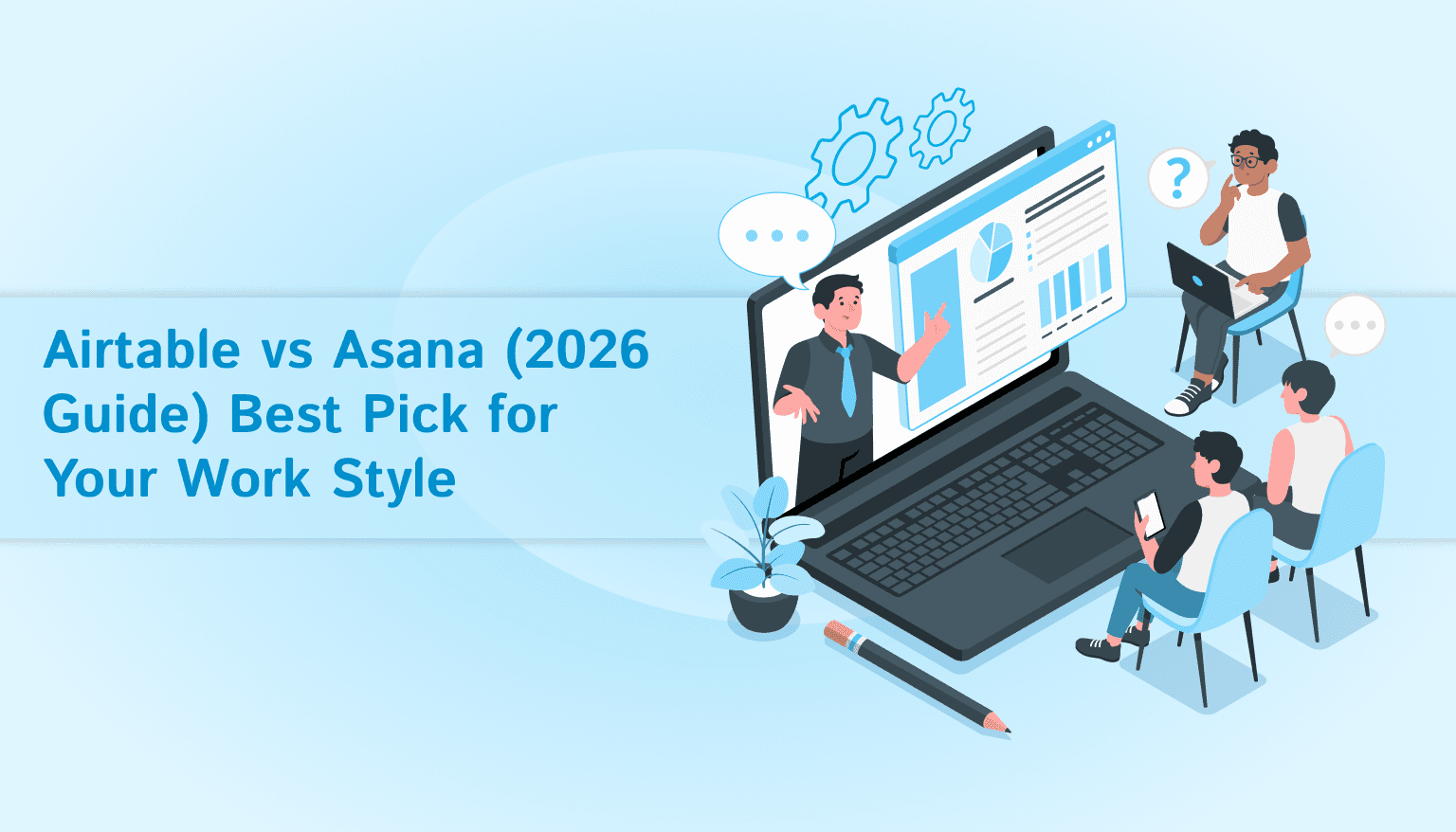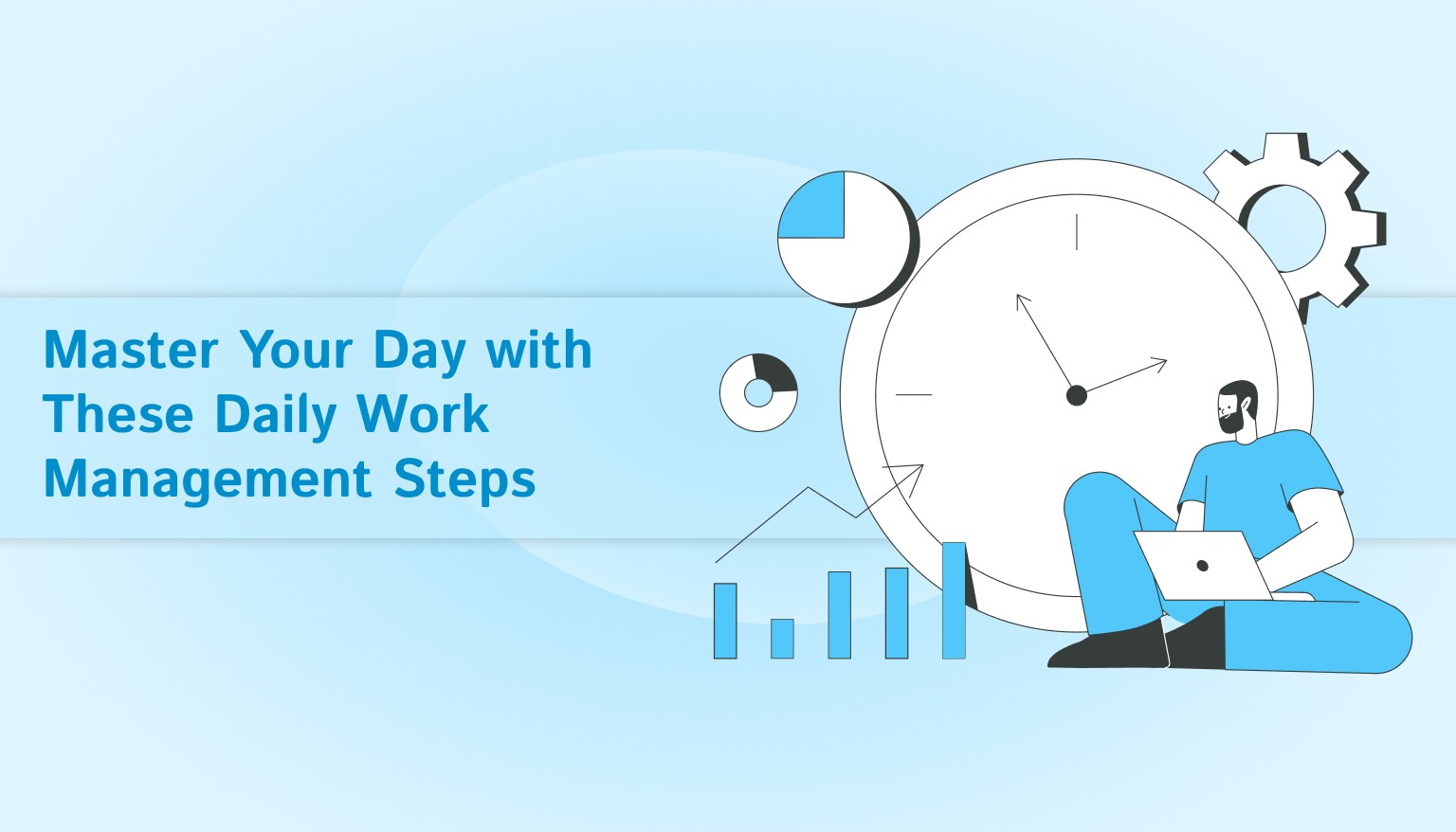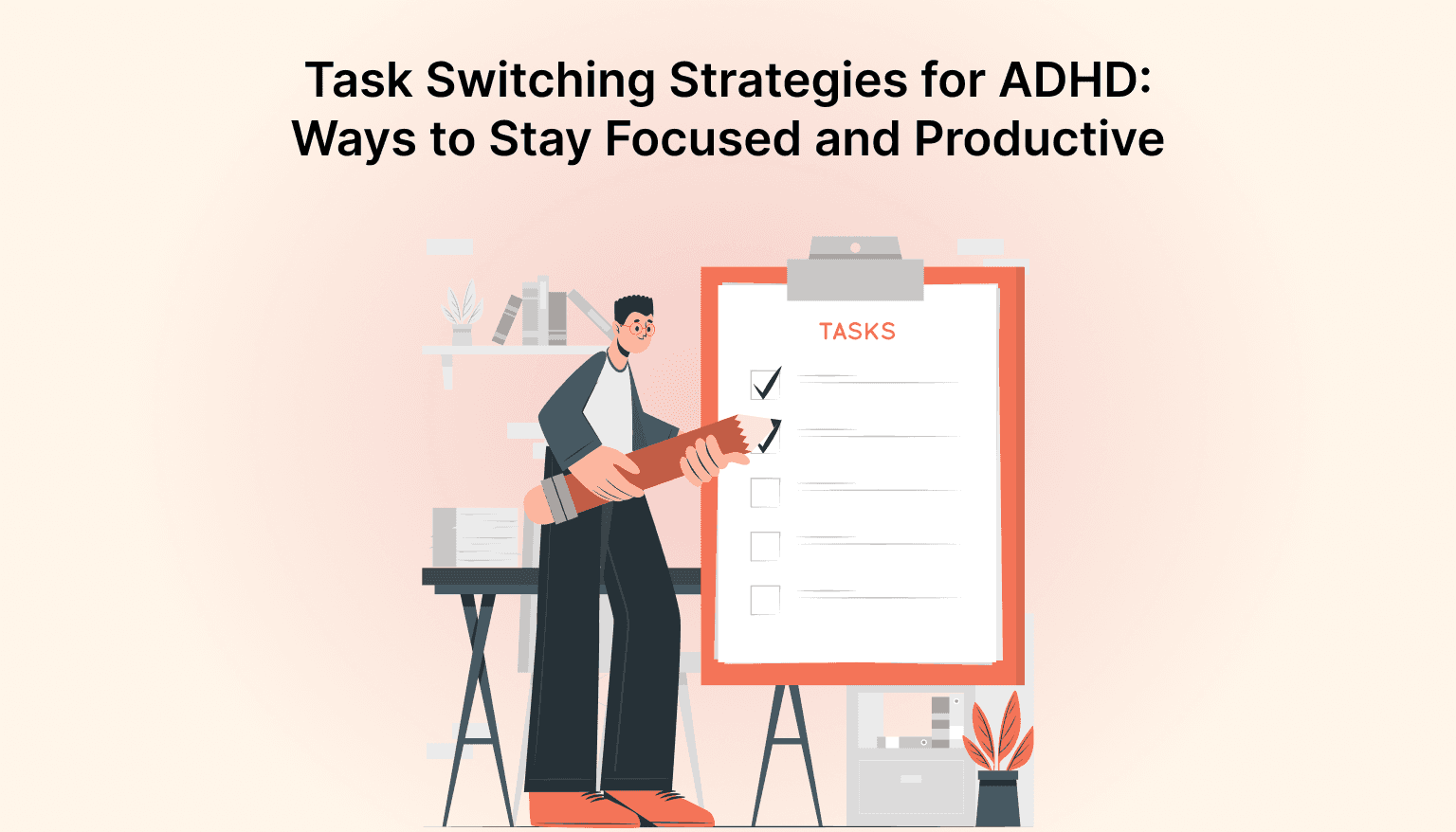ADHD: 5 Top Hacks To Stop Losing Things

6
In a fast-paced world where organization is key, individuals with Attention Deficit Hyperactivity Disorder (ADHD) often find themselves grappling with a unique set of challenges. One prevalent issue that frequently arises is the frustrating tendency to lose things, such as keys, wallet, umbrella, important documents, etc. – a struggle that goes beyond mere forgetfulness. The whirlwind of thoughts and the perpetual dance of distractions that characterize ADHD can make keeping track of belongings an uphill battle. Yet, within the realm of these challenges lie innovative strategies that offer a beacon of hope. In this article, we delve into five ingenious "hacks" to stop losing things - creating a ‘home’ for each item, using productivity tools such as Akiflow, decluttering, using mindfulness techniques and building a support system. Each hack is designed to empower individuals with practical tools to win the battle against misplacement and emerge victorious in maintaining an organized, stress-free life. While we have based the information in this article on resources available online, it is worthwhile to remember that every ADHD individual’s experience is unique, and they should rely on professional guidance to assess their specific situation.
What is ADHD?
ADHD, or Attention Deficit Hyperactivity Disorder, is a neurodevelopmental condition that affects both children and adults. ADHD affects a person’s ability to focus, stay organized, and control impulses. According to the Centers for Disease Control and Prevention (CDC), the cause(s) for ADHD are unknown, but present research shows that genetics plays an important role. Recent studies also link genetic factors with ADHD. Understanding ADHD and its effective management can help individuals with ADHD to lead productive, fulfilling lives.
Why Do People With ADHD Lose Things?
Frequently losing things is one of the ADHD symptoms listed in the DSM (American Psychiatric Association’s Diagnostic and Statistical Manual of Mental Disorders). Delving into the intricate cognitive processes that govern our ability to keep track of belongings reveals a fascinating interplay between attention, memory, and executive functions. In the realm of ADHD, these processes become particularly dynamic, shedding light on the underlying causes of forgetfulness and disorganization. Navigating the vast array of stimuli in our environment demands a delicate balance of selective attention – the art of focusing on relevant cues while filtering out distractions. However, in the realm of ADHD, this balance can be disrupted, causing items to slip from our awareness more easily. Moreover, memory retention hinges on encoding information effectively, a process that can be hindered when attention wavers. Perhaps most crucially, executive functions – the cognitive processes responsible for planning, organizing, and self-regulation – become central in understanding the ADHD-related challenges in keeping track of belongings. The interconnectivity of these functions is intricate; disruptions in one area can have cascading effects on the others. Difficulties in organizing spaces or prioritizing tasks often stem from these executive function deficits.
5 Hacks to Prevent Losing Things When You Have ADHD
Individuals with Attention Deficit Hyperactivity Disorder (ADHD) often find themselves grappling with the challenge of losing things. The key to overcoming this issue lies in implementing effective strategies that cater to the unique cognitive processes associated with ADHD. Here are several strategies that can significantly assist in preventing the frustration of misplaced items and disorganized spaces:
1. Creating Organized Spaces
The concept of "a place for everything" holds immense value for individuals with ADHD. Designated spaces for items or a “home” not only ensure easy access but also mitigate the risk of losing them. Having a dedicated spot for keys, wallets, or frequently used items minimizes the chances of them ending up in the abyss of forgetfulness. This principle extends beyond personal belongings to encompass work and study spaces. The clarity of an organized environment can have a positive impact on cognitive function and attention span. To set up organized spaces, consider these tips:
Consistency: Establish specific areas for different categories of items. For instance, designate a hook for keys, a tray for wallets, and shelves for books or files.
Visual Cues: Use labels or color-coded bins to make it easier to locate items quickly.
Accessibility: Ensure that the designated spaces are easily reachable and within your line of sight.
2. Using Akiflow
Consistency plays a pivotal role in managing ADHD-related forgetfulness. By incorporating routines and reminders into daily life, individuals with ADHD can significantly enhance their ability to keep track of tasks and belongings and prevent losing things. Productivity tools, such as Akiflow, can offer a structured approach to managing your day. Backed by Y Combinator, Akiflow is a time-blocking platform where everything can be viewed and managed in a single place without the hassle of switching between tabs and windows. Akiflow’s universal inbox lets you easily import all your tasks from your preferred tools into a single inbox. It is easy to create much more effective and realistic daily schedules by placing the inbox and calendar views side by side. You can lock time slots for your tasks and use Focus Mode to avoid multitasking and distractions. You can also monitor your daily performance with the Daily Planning and Daily Shutdown rituals. Click here to start a free trial.

3. Streamlining Belongings and Declutter
The more cluttered the environment, the easier it is to lose things. Encourage the habit of decluttering and simplifying belongings to minimize the risk of items getting buried or misplaced. A step-by-step approach to assessing and organizing possessions can make a significant difference to those with ADHD and help them from losing things:
Assessment: Regularly go through your belongings to identify items that are no longer needed or used.
Categorization: Group similar items together to create a clear sense of what you have and where they belong.
Minimalism: Consider adopting a minimalist mindset, focusing on keeping only the items that hold genuine value or utility.
4. Mindfulness and Focus Techniques
Mindfulness practices and focus-enhancing techniques can aid in reducing forgetfulness and improving attention. By cultivating mindfulness, individuals with ADHD can develop greater awareness of their surroundings and belongings. Regularly take a moment to consciously observe your environment and the items around you. Deep breathing exercises help calm the mind and improve focus. When you find yourself becoming scattered or forgetful, take a few deep breaths. This practice centers you, making it easier to remember where you put things. By incorporating mindfulness and focus techniques into your daily routine, you can increase your attentiveness and significantly reduce the likelihood of losing things. These practices foster a sense of presence that helps you stay organized and attentive to your surroundings.
5. Involving Support Systems
The journey toward organization and overcoming losing things becomes smoother with the involvement of a support system. Friends, family, or colleagues can provide the necessary encouragement and accountability. Here's how to effectively involve your support system:
Communication: Clearly communicate your challenges and goals to those around you.
Delegating: Delegate tasks or responsibilities when possible to reduce the load and minimize overwhelm.
Collaboration: Involve your support system in creating routines, reminders, or organizational strategies.
Key Takeaways
Individuals with ADHD can indeed win the battle against losing things by implementing tailored strategies that align with their cognitive processes. Creating organized spaces, using productivity tools such as Akiflow, decluttering, practicing mindfulness, and involving a support system are powerful means to regain control over belongings and daily routines. By incorporating these strategies, individuals with ADHD can experience greater organization, reduced stress, and a heightened sense of accomplishment in their daily lives



